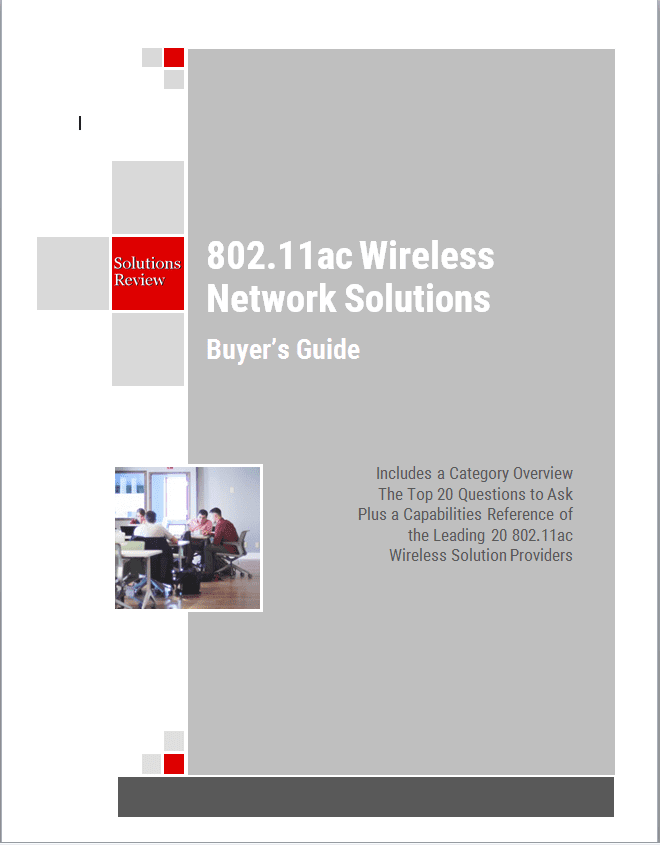Ruckus Releases Cloud Wi-Fi Service

It seems that more and more frequently, enterprises are looking to have their applications stored as a cloud based service, rather than having them stored on-premise. Today, Ruckus Wireless announced the availability of Ruckus Cloud WI-Fi to the general public. Ruckus Cloud WI-Fi is a WLAN management as a service (MaaS) offer powered by the new Ruckus Cloud Platform. The service is enabled by Ruckus Cloud, an NFV style public cloud platform that’s been in development. Cloud WI-Fi allows distributed organizations with a limited IT department to establish, monitor, and manage a high performance multi-site WLAN of any size. With its cloud Wi-Fi service, Ruckus hopes network managers will be able to benefit from cloud simplicity without needing to sacrifice their Wi-Fi performance.
“Customers shouldn’t have to sacrifice end user experience in order to reap the benefits of the cloud,” said Dan Rabinovitsj, chief operating officer of Ruckus Wireless Business Unit, Brocade. “They also shouldn’t have to be locked into a single architecture—if they need to change, their APs should change with them. With Cloud Wi-Fi, customers don’t need to make these trade offs anymore. Using the Ruckus Cloud platform, Ruckus will continue to introduce compelling as-a-service offers that can include cloud-managed switching and cloud-managed in-building LTE service based on OpenG™ technology. Customers could have access to all of these services through the same intuitive interface.”
With this latest announcement, Ruckus Wireless now offers the industry’s most expansive range of deployment options. This includes public cloud, data center or private cloud, hardware of virtual appliance, and controller-less. Many of Ruckus’ partners will benefit from participating in the cloud managed WLAN market while also addressing a broader set of deployment requirements. Ruckus Cloud Wi-Fi competes with other offers in the cloud-managed WLAN category from large and small networking companies. According to Davis, Ruckus’ focus is different because it offers:
- Superior RF performance (ability to support higher client density, thus necessitating fewer APs)
- Simplicity and intuitiveness of the interface – both GUI and mobile app
- Hassle-free scaling
- Investment protection, with the ability to reuse access points with other Ruckus architectures should the need arise
“The WLAN market experienced substantial growth in the first quarter of 2016, a trend that we expect to continue, in part due to increased demand for the well-established benefits of cloud-managed WLAN services,“ said Nolan Greene, senior research analyst, network infrastructure at IDC. “ Cloud Wi-Fi offers a simple-to-deploy, less time-intensive alternative to on-premises controller architectures and will enable even the most IT-constrained organizations to easily manage dozens or even hundreds of sites.”
Cloud based infrastructure software is a small but vivid example of an acceleration in overall cloud spending. A recent Gartner estimate claims that more than $1 trillion in IT spending will be directly or indirectly affected by the shift to the cloud over the five years.
Check out there service, here.





















